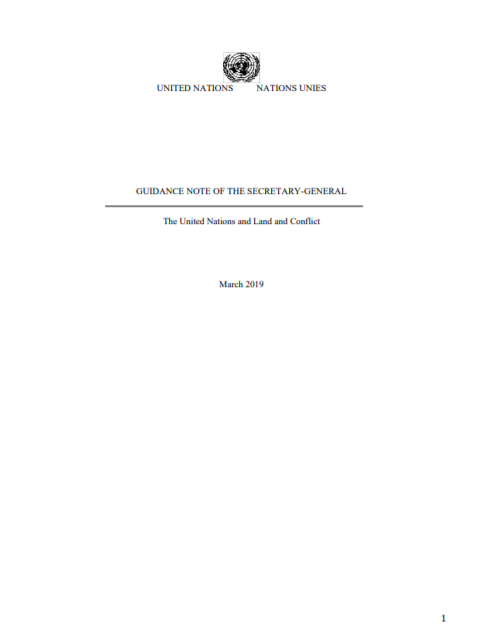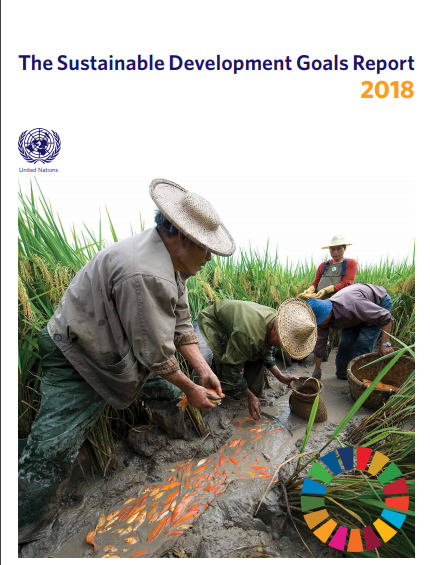Location
United Nations
The United Nations is an international organization founded in 1945. It is currently made up of 193 Member States. The mission and work of the United Nations are guided by the purposes and principles contained in its founding Charter.
Due to the powers vested in its Charter and its unique international character, the United Nations can take action on the issues confronting humanity in the 21st century, such as peace and security, climate change, sustainable development, human rights, disarmament, terrorism, humanitarian and health emergencies, gender equality, governance, food production, and more.
The UN also provides a forum for its members to express their views in the General Assembly, the Security Council, the Economic and Social Council, and other bodies and committees. By enabling dialogue between its members, and by hosting negotiations, the Organization has become a mechanism for governments to find areas of agreement and solve problems together.
The UN's Chief Administrative Officer is the Secretary-General.
Members:
Resources
Displaying 1 - 5 of 45Grandir en plein dérèglement climatique
Points forts
Ce rapport s’appuie sur l’Indice de risques climatiques pour les enfants de 2021 et examine la rareté et la vulnérabilité de l’eau ainsi que les mesures critiques que la communauté internationale doit prendre lors de la COP28 pour protéger les enfants contre le changement climatique.
Peacebuilding -The Gambia
In 2021, the Truth, Reconciliation and Reparations Commission in the Gambia, which enjoys a 90 per cent public approval rating, according to a 2021 survey, completed its three-year mandate. It submitted a 17-volume final report to the President in November 2021, which was made public on 24 December. During its tenure, the Commission held 23 public hearings and received more than 2,500 statements with support from a $4.7 million project implemented by UNDP and OHCHR.
GUIDANCE NOTE OF THE SECRETARY-GENERAL
The UN Framework for Action in this Note helps to identify potential entry points to integrate land in conflict analyses, planning and assessment processes, supports engagement of UN leadership and outlines key activities to consider in areas of UN work - such as support to peace agreements and mediation, human rights, gender equality, rule of law and governance. This Note provides guidance on partnership and the use of practical tools for analysis, coordination and programming.
Pastoralism and Security in West Africa and the Sahel
Why this study?
Recent years have witnessed an increase in violent conflicts involving pastoralists in parts of West Africa and the Sahel. They often take the form of clashes between herders and farmers, impacting human, national and regional security.
Given its mandate and role in conflict prevention, the United Nations Office for West Africa and the Sahel, in collaboration with the Economic Community of West African States, initiated this study in 2017 to examine the causes and identify concrete solutions to conflicts related to pastoralism.
The Sustainable Development Goals Report 2018
A fast-changing climate, conflict, inequality, persistent pockets of poverty and hunger and rapid urbanization are challenging countries’ efforts to achieve the Sustainable Development Goals (SDGs), according to a UN report launched in New York today.
The Sustainable Development Goals Report 2018 found that conflict and climate change were major contributing factors leading to growing numbers of people facing hunger and forced displacement, as well as curtailing progress towards universal access to basic water and sanitation services.






